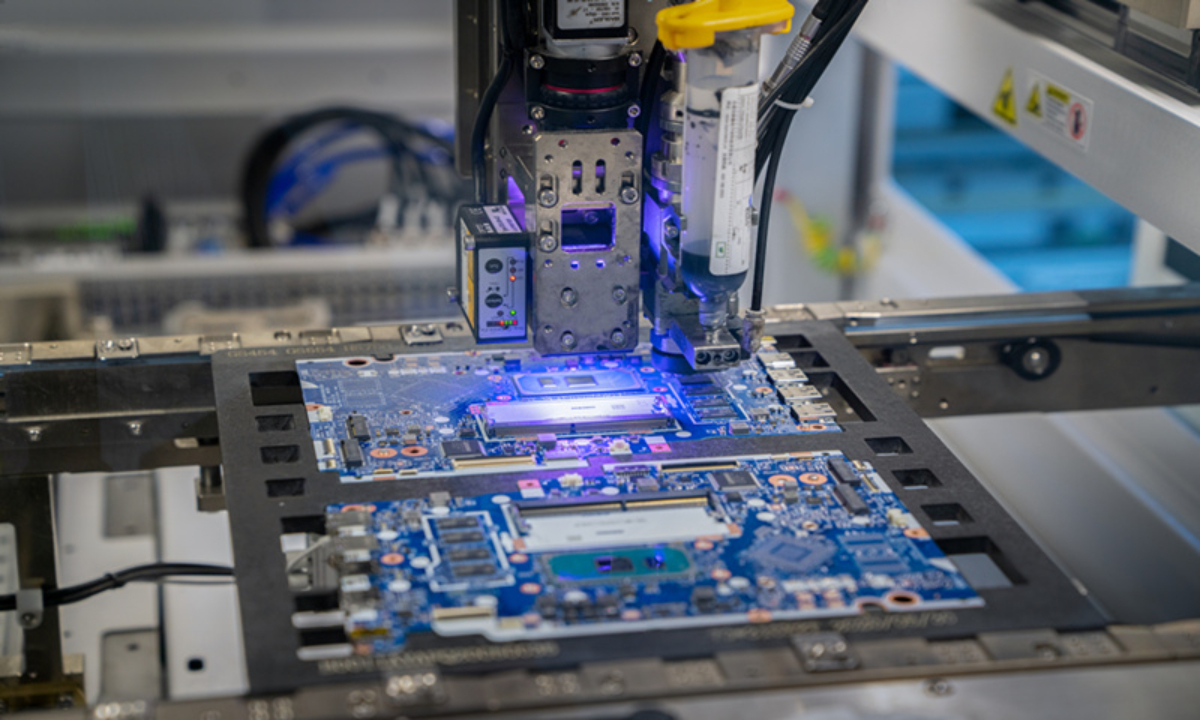Breakthrough Tech Could Eliminate EV Range Anxiety - No Bigger Batteries Needed!

Electric vehicle (EV) adoption is rapidly accelerating, but a persistent worry lingers for many potential buyers: range anxiety. The fear of running out of charge before reaching a charging station can be a significant barrier. While the expansion of EV charging infrastructure is underway, a promising new technology is emerging that could alleviate this concern without relying on increasingly large and expensive batteries. This innovative approach focuses on range extenders, offering a smart and potentially game-changing solution for the future of EVs.
The Range Extender Advantage: Bridging the Gap
Traditionally, range extenders have been viewed as a fallback option, often involving small gasoline engines that kick in when the battery runs low. However, the latest advancements move beyond this conventional model. Researchers and engineers are exploring more efficient and integrated range-extender systems, often incorporating technologies like highly efficient generators powered by alternative fuels or even advanced fuel cells. The key is to provide a supplemental power source that extends the vehicle's range without significantly impacting its electric-only driving characteristics.
How It Works: A Seamless Integration
The core principle is simple: when the EV's battery level drops below a predetermined threshold, the range extender seamlessly engages. This could involve a small, highly optimized internal combustion engine (ICE), but increasingly, we're seeing the development of more sustainable alternatives. Imagine a system that uses biofuels or even hydrogen to generate electricity, which is then fed back into the battery, effectively extending the driving range. The transition between electric mode and range extender mode is designed to be virtually undetectable to the driver, ensuring a smooth and comfortable experience.
Beyond Batteries: The Benefits are Clear
- Reduced Battery Size & Cost: By supplementing the battery, range extenders allow manufacturers to use smaller, lighter, and less expensive battery packs, lowering the overall vehicle cost.
- Extended Range: The most obvious benefit is a significant increase in driving range, easing range anxiety and making EVs more practical for longer journeys.
- Sustainability Potential: The use of alternative fuels in range extenders can further reduce the environmental impact of EVs, moving towards a more sustainable transportation solution.
- Faster Refueling (Potentially): While charging times for batteries can still be a factor, refueling a range extender with biofuels or hydrogen could potentially be quicker than waiting for a battery to fully charge.
The Future of EVs: A Hybrid Approach?
While pure battery-electric vehicles (BEVs) will undoubtedly continue to evolve and improve, range extenders represent a compelling interim solution and a potentially long-term complement. They offer a practical pathway to address range anxiety, lower vehicle costs, and enhance the sustainability of electric transportation. As technology advances, we can expect to see even more sophisticated and integrated range extender systems, further blurring the lines between EVs and hybrid vehicles. The future of EVs may not be solely about bigger batteries; it's about smarter solutions that leverage a combination of technologies to deliver a more convenient, affordable, and environmentally friendly driving experience.
The ongoing development of these range extender technologies promises to be a crucial factor in accelerating the widespread adoption of electric vehicles, particularly in regions where charging infrastructure is still developing. It’s a smart move towards a greener future, offering a practical and appealing alternative for drivers hesitant to embrace the all-electric revolution.






